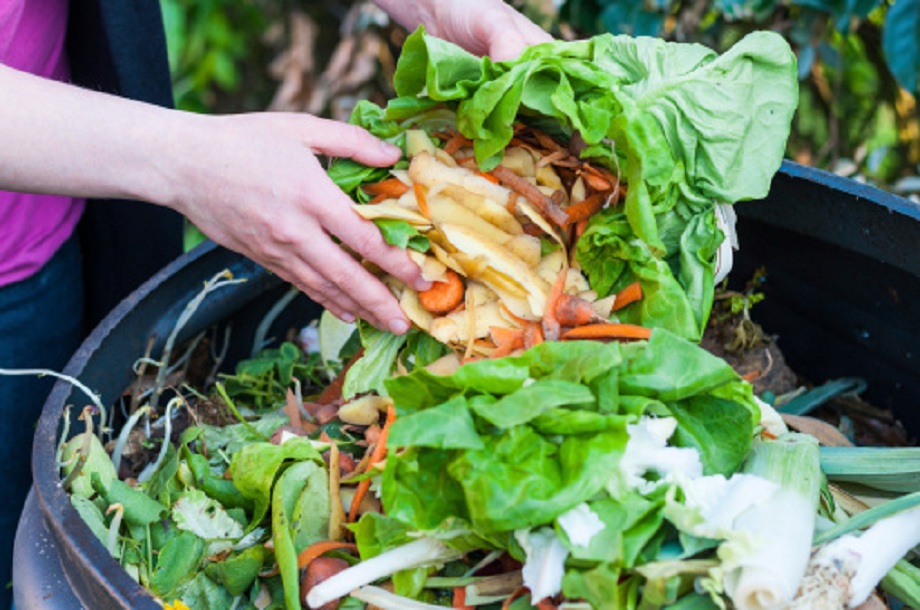City politicians will be doing some trash talk this week.

Months after Queen’s Park released its Proposed Food and Organic Waste Framework, London’s civic works committee will meet to discuss how to best divert organic waste from the landfill.
London city council has already to a 60 per cent waste diversion target by 2022 but what the province has called for would go beyond that.
The proposed framework aims to reduce the amount of food that becomes waste, remove food and organic waste from the disposal stream and reduce greenhouse gas emissions that result from food and organic waste.
“That will impact you if you live in a curbside home, it will impact you if you live in a multi-residential building, it will also impact businesses and institutions because all of those locations will be required to demonstrate they are sending organics to a beneficial use and not the landfill site,” said Jay Stanford, London’s director of environment and solid waste.
For a city like London, the province says the city should aim for 70 per cent waste reduction and resource recovery of food and organic waste generated by single-family dwellings by 2025.

Get daily National news
City hall estimates each London household discards an average of $450 to $600 per year of food that could have been avoided. City staff have identified two possibilities, the often discussed green bin program, and mixed waste composting.
The city has discussed a green bin program before, deciding against it because of the cost. The green bin program would cost $12 million in one-time capital costs for additional collection vehicles, carts and kitchen catchers. It would also cost about $4.5 million annually, which includes weekly organics and recycling collection.
Staff say the green bin program would be sufficient for London to achieve proposed diversion targets.
Another option receiving heavy consideration is mixed waste composting, a program currently run in Edmonton.
Stafford estimates mixed waste composting would be double the cost of the green bin program, but would divert 60 per cent more materials. It doesn’t require any sorting and may be more user friendly.
“The organics are left in the garbage bag and it’s the facility that processes the bag of garbage and pulls out or extracts the organics,” said Stafford.
Potentially helping matters, regardless of which option council ultimately goes with, is changes to the recycling program.
Currently, industry pays for about 45 to 50 per cent of the cost of the recycling program in London. In 2-3 years, that will move to about 100 per cent, resulting in savings between $1.5 and $2 million.
No decision will be made this week. That will happen after the city talks to Londoners and businesses.











Comments